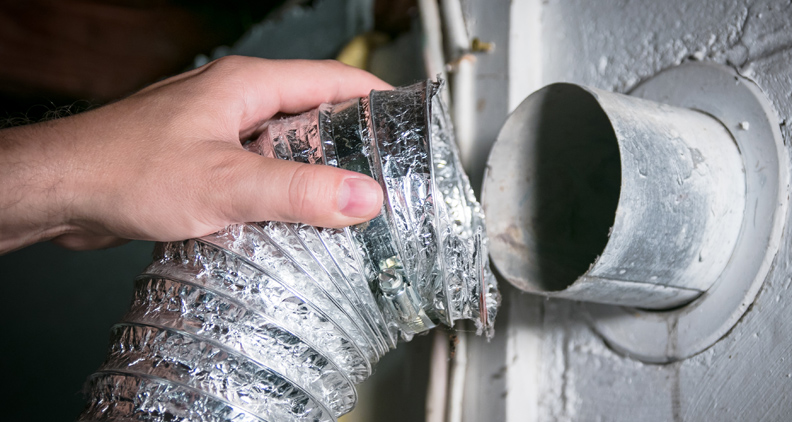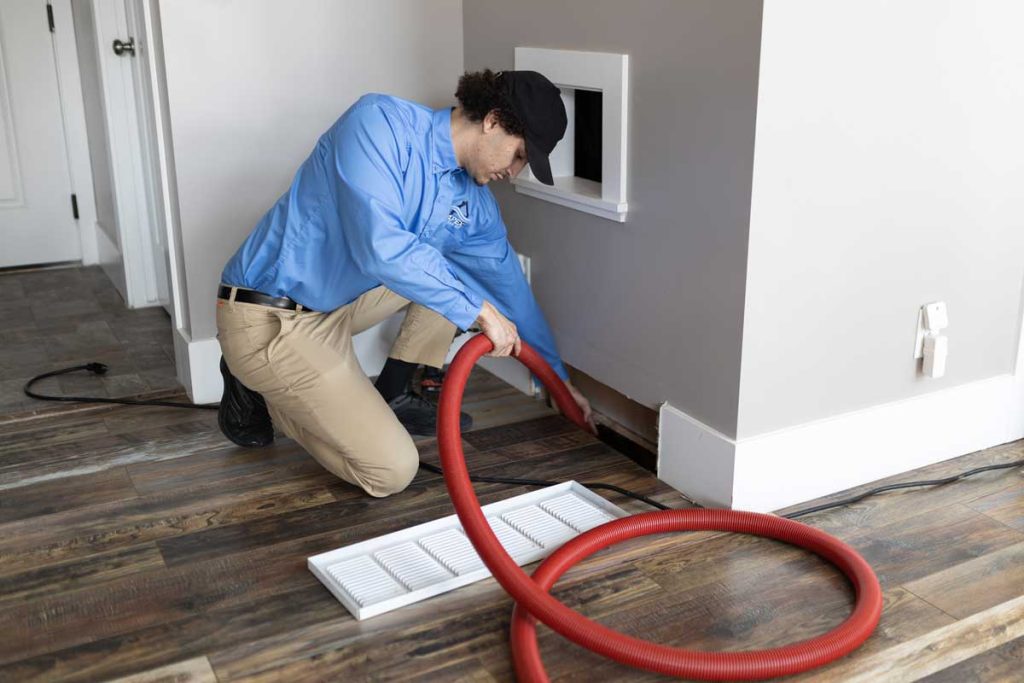When it comes to ensuring the comfort of your home or office, a reliable HVAC system is indispensable. It’s crucial for both homeowners and business owners to understand the factors involved in maintaining and, when necessary, repairing their HVAC systems. Among these crucial details, knowing what is the most expensive part of an HVAC system stands out.
HVAC systems have numerous components that work together to create a comfortable indoor environment. Yet, not every component holds the same importance in terms of cost. In this article, we’ll delve deep into the elements contributing significantly to the overall expense of an HVAC system and shed light on the aspects you need to consider as responsible owners.
Before diving into specifics, one must first comprehend the essential components of an HVAC system and their significance in its operation.

Key Components of an HVAC System
The journey of identifying the most expensive part of an HVAC system starts with understanding its core components:
1. The Compressor
This is often considered the heart of the system. The compressor is responsible for circulating the refrigerant necessary for heat exchange through the coils of the indoor and outdoor units. Given its pivotal role, it’s a key contributor to the HVAC system’s functionality and, subsequently, its cost.
2. The Evaporator Coil
The evaporator coil plays a crucial role in absorbing the heat from the air inside your home. It’s one of the main heat exchangers in an air conditioning system, and hence, quite significant in terms of both functionality and cost.
3. The Condenser Coil
Working in tandem with the compressor, the condenser coil releases the absorbed heat from the refrigerant into the outdoor air. This handoff of heat is essential for the cooling process and forms an integral part of the HVAC system.
4. The Air Handler
The air handler is responsible for circulating the air through the system and your home. This component houses the blower fan and motor, which are crucial for maintaining airflow. A well-functioning air handler is essential for optimal HVAC performance.
5. The Thermostat
The brain of the HVAC system, the thermostat controls the activation of heating and cooling based on the indoor temperature settings. While it is critical for efficient operations, it is usually less expensive compared to core components like compressors or coils.

The Most Expensive Parts of an HVAC System
Now that we have a general idea of the key components, lets zoom in on the costliest elements and why they are so essential.
Compressor: The Heart and the Heaviest Hitter
The compressor undoubtedly takes the crown as the most expensive part of an HVAC system. Its significant role in the cooling process, coupled with the complexity of its mechanism, makes it a high-ticket item.
The compressor essentially compresses and circulates the refrigerant through the system’s coils, making it the focal point of the heat exchange process. Any malfunction in the compressor can lead to the entire systems failure, which is why it is a priority for technicians and a potential high expense for owners.
The Evaporator Coil and the Condenser Coil: Two Expensive Mistresses
Evaporator coils and condenser coils follow closely behind the compressor in terms of cost. Both coils are responsible for the crucial heat exchange process, absorbing and dissipating heat to and from your indoor environment. The efficiency, and hence the cost of these coils, directly influence the HVAC system’s performance.
Replacing these components can be quite pricey, but their efficient operation can significantly enhance the systems longevity and effectiveness.
The Air Handler and Its Contribution to High Costs
The air handler, despite not being as costly as the compressor or coils, can still put a dent in your budget. It involves parts like blowers and motor fans that are essential for circulating air efficiently. Any faults in the air handler can deteriorate the overall performance of your HVAC system.

Factors Influencing the Cost of HVAC Components
Understanding what influences the cost of these components can better prepare homeowners and business owners for inevitable repairs or replacements.
1. System Size and Capacity
The larger the HVAC system, the more expensive its components will be. This is because larger systems require more robust parts to handle greater volumes of air and maintain efficient temperature control.
2. Brand and Quality
The brand and manufacturing quality of the HVAC system significantly affect component costs. Premium brands often come with higher price tags, but they also offer enhanced durability and performance.
3. Installation Complexity
The complexity of the installation can also impact costs. For example, units that are harder to access or require specialized installation techniques will have higher labor costs, contributing to overall expenses.
Maintenance Tips to Prolong HVAC Component Life
Given the high costs of replacing major HVAC components, regular maintenance can go a long way in prolonging their life and enhancing system efficiency. Here are some tips:
1. Regular Inspections
Schedule regular inspections with certified HVAC professionals to catch potential issues early. Early detection can save you from expensive repairs down the line.
2. Clean and Replace Filters
Dirty filters can obstruct airflow, forcing your system to work harder and increasing wear and tear. Regularly clean or replace filters to maintain optimal performance.
3. Monitor Refrigerant Levels
Ensure that your systems refrigerant levels are adequate. Low refrigerant levels can strain the compressor and other components, leading to costly repairs.
4. Keep Coils Clean
Clean the evaporator and condenser coils regularly to ensure efficient heat exchange. Dust and debris buildup can hamper their performance, leading to higher energy consumption and potential breakdowns.
Conclusion
Understanding what is the most expensive part of an HVAC system is crucial for proactive maintenance and cost management. The compressor, evaporator coil, condenser coil, and air handler are among the key components that significantly contribute to the systems overall expense.
Frequently Asked Questions
Q1: How often should I schedule maintenance for my HVAC system?
Answer: Its recommended to schedule professional maintenance checks at least once a year to ensure all components are functioning optimally.
Q2: What are the signs that my compressor is failing?
Answer: Common signs include unusual noises, increased energy bills, and inefficient cooling. If you notice any of these, its advisable to consult a professional immediately.
Q3: Are premium HVAC brands worth the additional cost?
Answer: While premium brands may cost more upfront, they often offer better durability and efficiency, resulting in long-term savings.
For more information on HVAC systems, you may find this [guide](https://www.energy.gov/energysaver/home-cooling-systems) helpful.